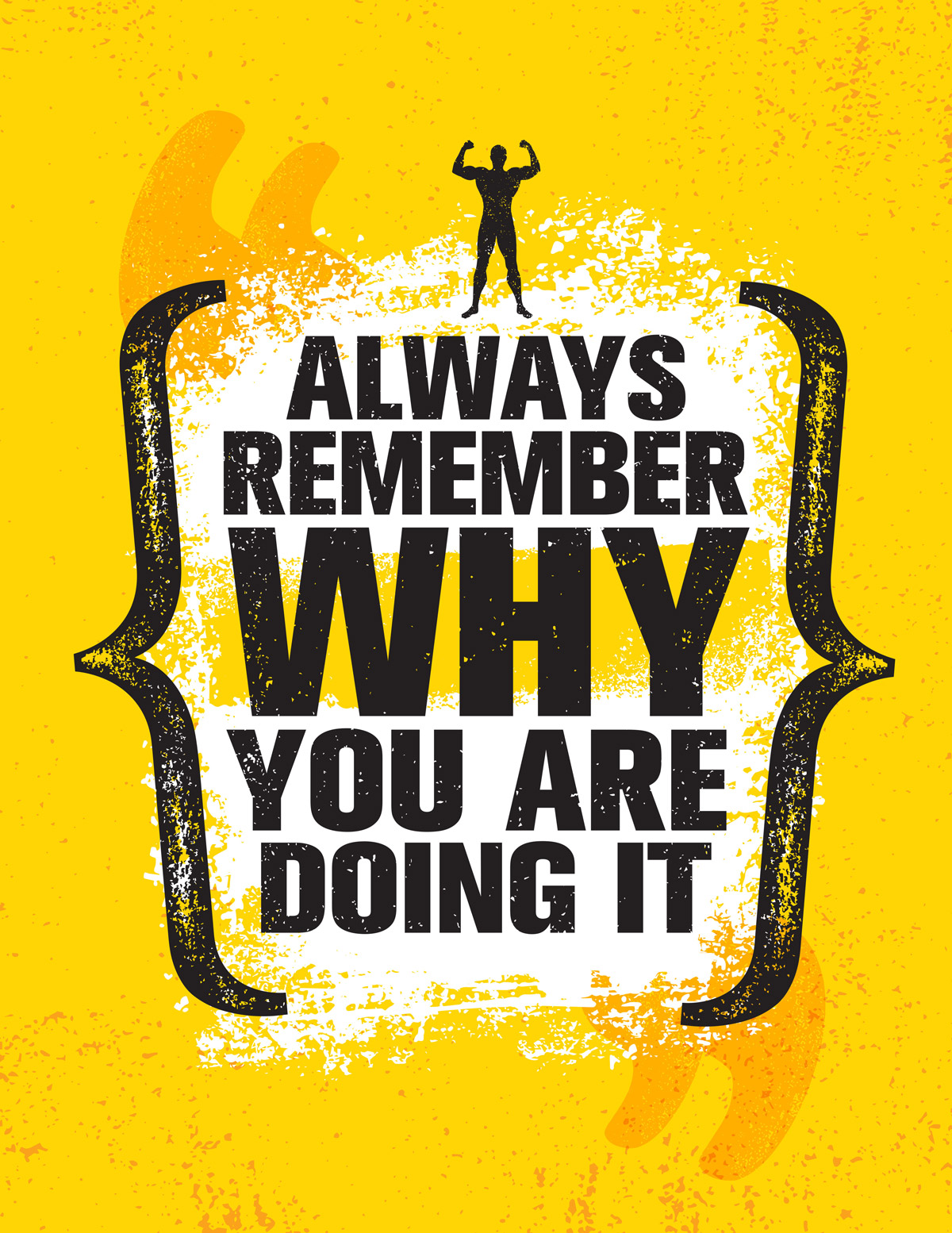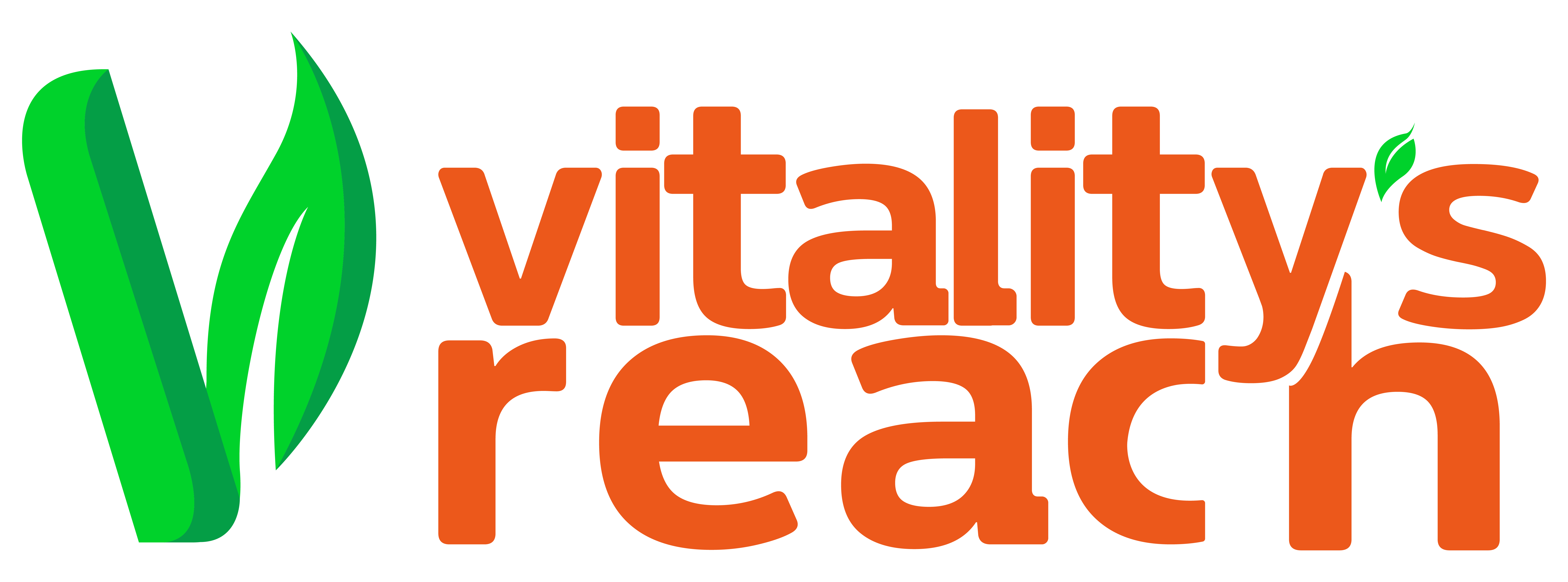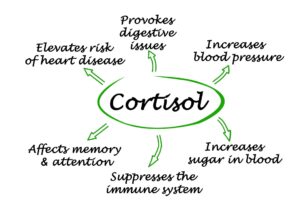
Why do you exercise?
Why do you go to work?
Why do you watch certain shows on Netflix?
Why do you eat so fast? Sorry, that’s my internal voice judging myself.
The reason we do the things we do really boils down to the why
Some scholars will contend that we do everything based on the pain or pleasure principle. In other words, we run towards pleasure and we try to avoid pain. At the very basic level this may be true.
How would that relate to exercise?
No doubt some exercise can be viewed as pain when it relates to the effort, time commitment, and muscle soreness. However, the other side of the same coin can result in weight control, more muscle, better sport performance, improvements in mood, more energy, better sleep, slower aging, feel and function better to name only a few.
The most common reason is exercising for aesthetics. This is associated with attractiveness, virility, youth, confidence, boosting perceived self worth, and possibly being liked, desired or wanted. Everyone on the planet to some degree desires to be wanted or needed. Some more than others. Fitting into our tribes is very instinctive and can go a long way towards mental health.
These reasons can be very powerful drivers and motivators even if they are not on the conscious level. Not surprising, they can sometimes lead to extremism in all the areas of exercise and health. Ironically, that can lead to the opposite effect of the original purpose.
Exercising to feel and function better. Taking preventive measures to avoid injury, delay injury, function efficiently, avoid disease, slow aging are also strong incentives. What person wouldn’t want this to happen? You could deem these as avoidance of pain.
Even though I’ve just mentioned more than a dozen reasons to get moving many of us still encounter “road blocks” or “ruts.” When we go off the rails with exercise or nutrition for more than a therapeutic period then its time to bring back our-why.
I’ve asked the question of why to hundreds (maybe thousands) of clients over the years. Some give me a very direct answer like, “I’m 50 pounds over weight, my father and mother both had adult diabetes, and both died in their early 60’s of heart disease. I don’t want to “replicate them.” This is a client who has a good understanding of the why. That doesn’t mean it equates in compliance nor success but it could give me the ammo to bring it if they need a subtle reminder. However, very rare do I use the angle of pain avoidance or fear. Negative reinforcement will work for very few and then seemingly only briefly. It’s not the most productive way to approach motivation.
Most of us know What we do. We are teachers, nurses, business people, sales etc.
We know our How. How we are different from the competition or how we do our jobs, but the WHY tends to escape people.
Many clients when I pose the question of why are vague.
“I want to get in shape”
Prodded a little more….
“I want to feel better… not feel so stiff in the morning …. so I can hike with my wife who is in great shape.”
If you ever have been, or know of someone in a dangerous situation their why becomes obvious and their focus is magnified. We don’t necessarily need to be at that survival level to stay focused but having your why in bright lights in your mind will help.
Don’t know your WHY?
Try this mental exercise.
What are the 3 most important things in your life right now?
I’m going to take an educated guess on the top three.
Family.
Health.
Income.
And i’ll throw friends and social network as #3 b. I’ve only had 2 people over the years put their job in the top position. If you are unsure of what the top three things are then look around your house at pictures and items you have on display. You should get your answer there.
Let’s pick family considering its likely in the top three.
How would meeting your exercise goals help with family?
Would it improve physical functioning so you are capable of doing more activities with them without hesitation?
Could it build a stronger bond because you can now exercise together like the guy mentioned above who wanted to hike with his wife?
Would it set an example for family members or kids? Especially those who may tend to tune out verbal health advice.
Could it allow you to eventually walk your daughter down the aisle or spend quality time with your grandkids?
Exercise and health will allow you to make the important things in your life that much richer.
“Yes, I’d like to hike with you today”
“Yes, a ski trip this year would be great”
“That nagging low pain that always distracted me and disrupted my sleep is no longer there”
“Being able to garden again pain free is so enjoyable”
“Yes, I can take the grandkids to the park”
Finding the WHY and keeping that Why on a conscious level will keep you motivated and focused. Sure there will be days when you would rather do side planks on the couch or life gets in the way. That’s true for everyone. This is not a sprint. It’s a marathon. No need to beat yourself up over a missed workout here or there or having fast food occasionally. I’ve seen clients do that and it’s not beneficial to anyone. Feeling guilt is rarely productive.
Some tips to reminding us of the why could be using pics or post it notes around the house or work. Stick a pic on the bathroom mirror. Use it as a screen saver your laptop and your background on your phone.
Over time the consistency of your attention to health will be more cemented and missing workouts here and there will have little impact.
The infamous 80 /20 rule applies here too. If you are 80 percent of the time where you should be then 20 percent of the time won’t matter.
Get crystal clear on the important things in life. Anchor health and exercise to them. Remind yourself (frequently if needed) how health and exercise will enrich and amplify those things.
Reach for goals. Accomplish those goals. Reap the awards. Enjoy the journey!




